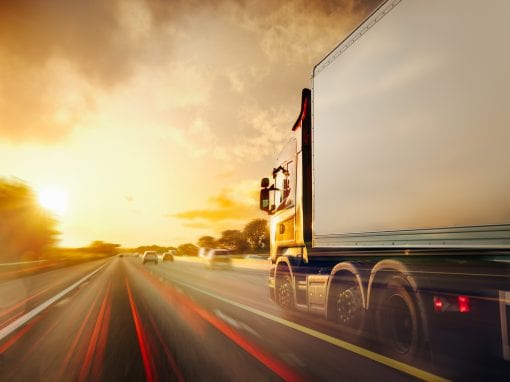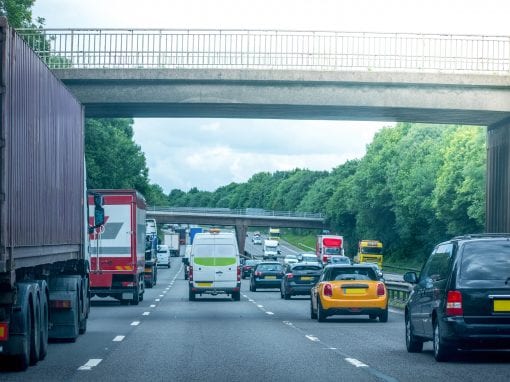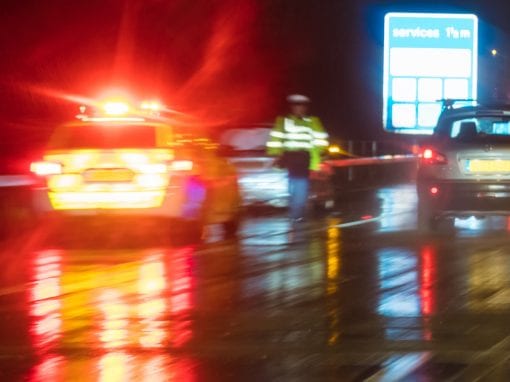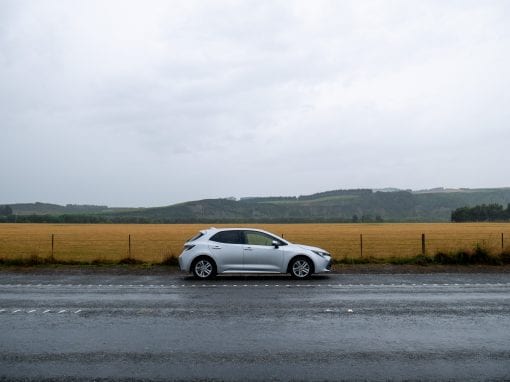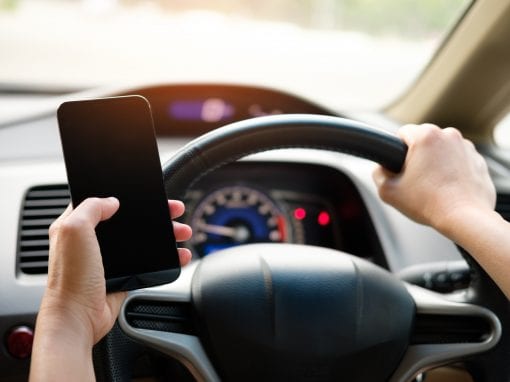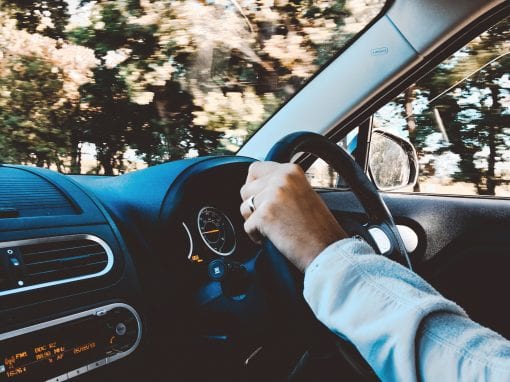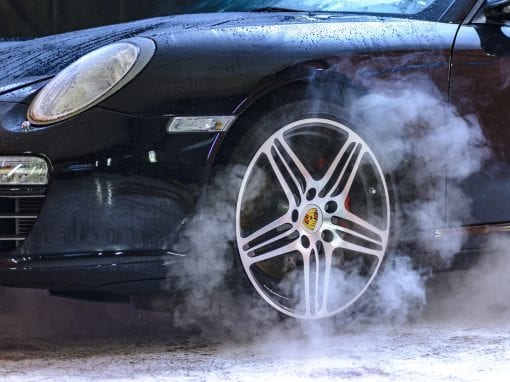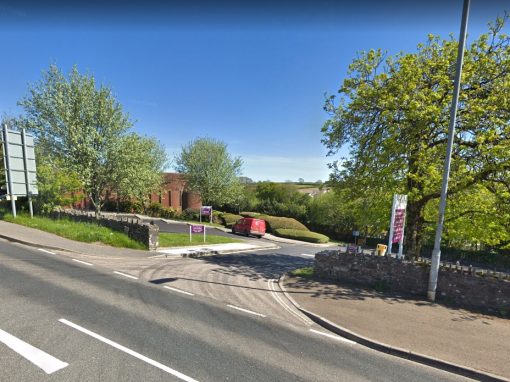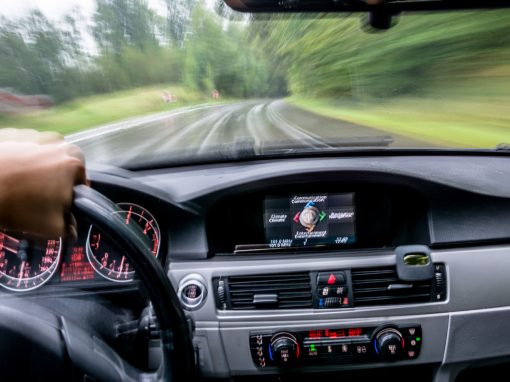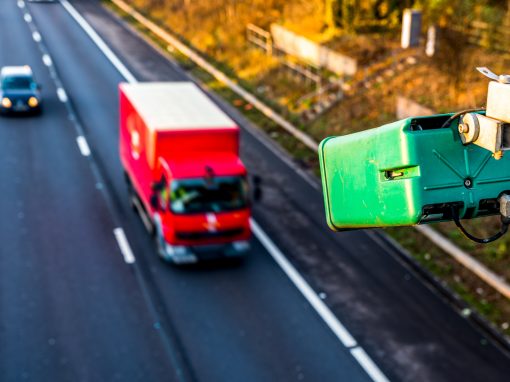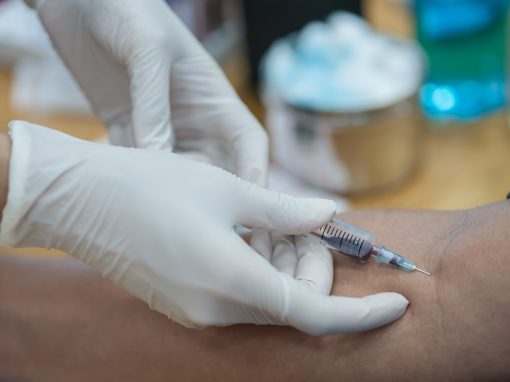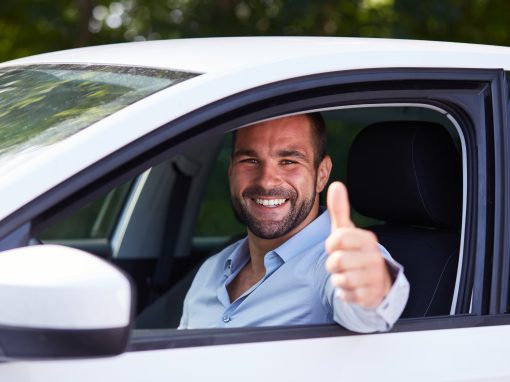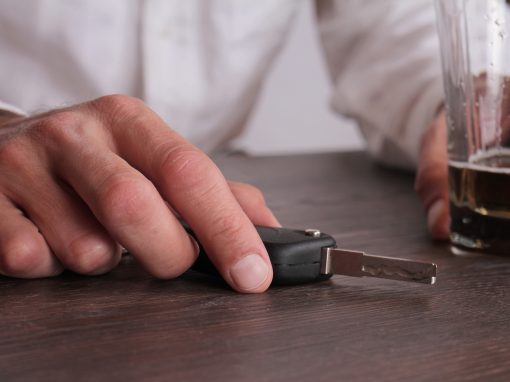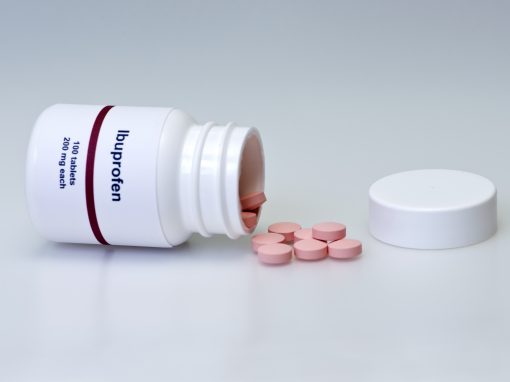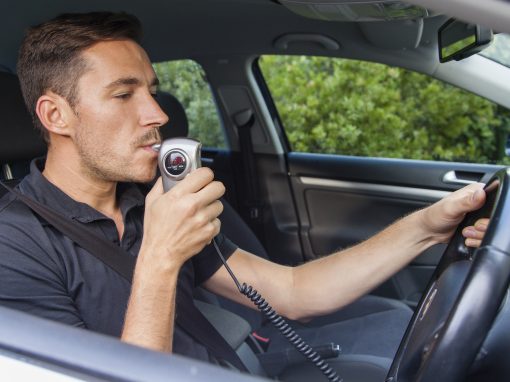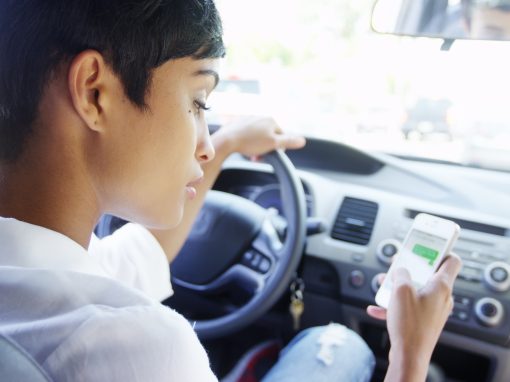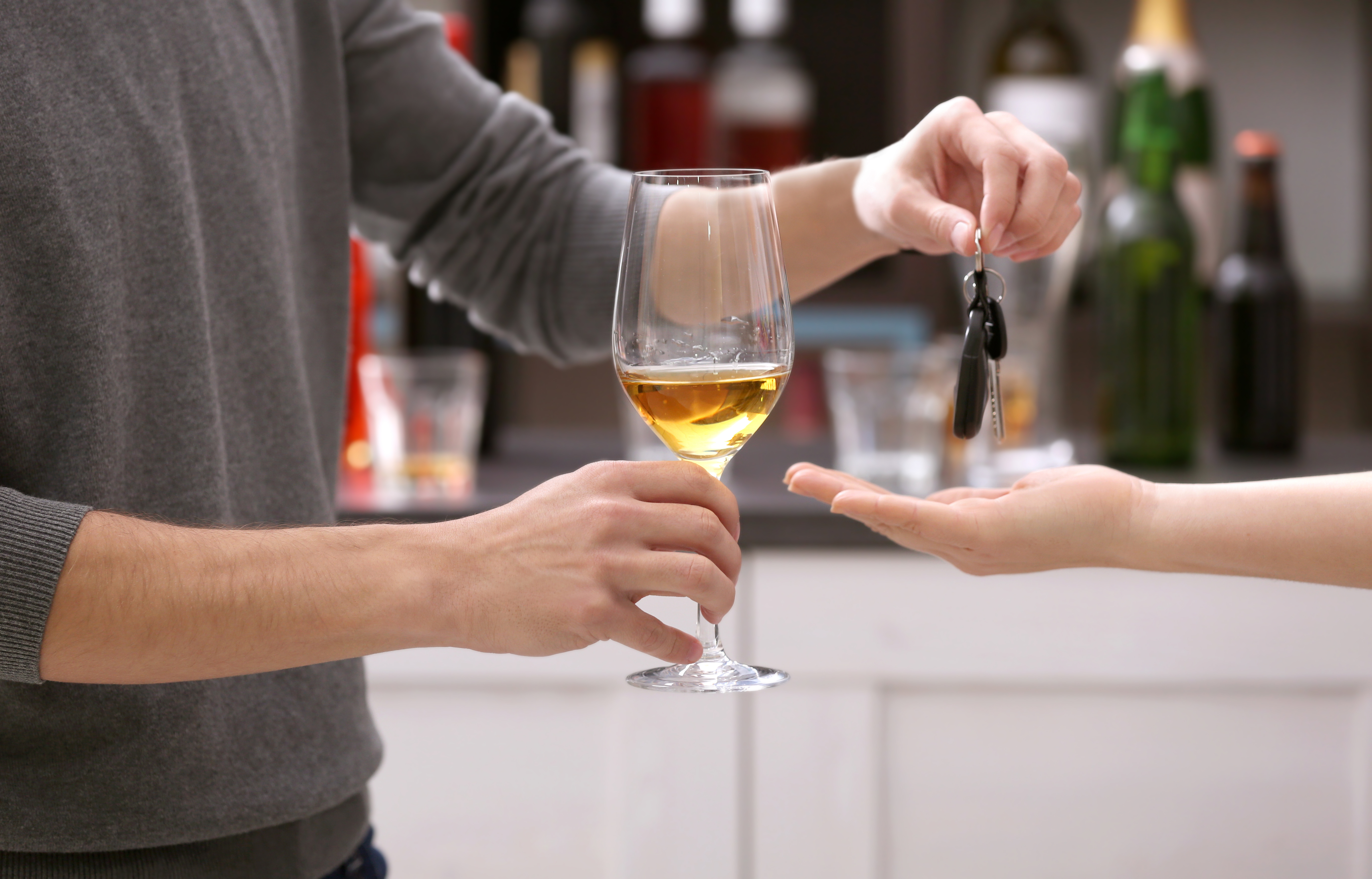
Don’t risk losing your licence
Read About Our Court Victories
Our specialist team of drink drive solicitors have years of experience defending failure to provide cases. Call our team today for free initial advice on 0800 999 5535 or submit your case and we will call you back
These evidential and procedural challenges are not mere “loop holes” to be exploited by the defence but the strict rules that all prosecutions must abide by to ensure that everyone is tried fairly on the correct evidence. If the prosecution do not rely on the correct evidence then it is only right and proper that you are found not guilty.
Types of defence include:
- Procedural
- Hip flask – drinking after the event
- Factual issues
- Reliability of equipment
- Arguing special Reasons
- Defending a failure to provide
Ask Carl
Did you have questions about your case? Believe you should plead not guilty?
RELY ON YOUR LICENCE?
DON’T RISK LOSING IT
Procedural
When you call us we will ask you about the procedure that you went through, from the road side breath test up to what happened and what was said at the police station. If from what you tell us, it seems that there is a procedural error in how your drink driving case has been dealt with we are able to get the relevant documentation and or cctv footage from the police station and advise you on your drink driving defence.
The types of procedures that need to be examined are:
Statutory Warning – Before the police can take an evidential sample from you for the purposes of a drink driving case, they must warn you that a failure to provide such a specimen can constitute an offence for which you may be prosecuted. This is termed as the “Statutory Warning” and if it is not given then you are entitled to be acquitted of the offence of drink driving. Should it be the case that you dispute the Statutory Warning was given then the CCTV footage from the police station can be sought to give support to your defence.
Taking Of Urine Samples – When urine samples are taken, two of these samples must be given within an hour of each other. Failure to do so, or if there is not enough time or if a single sample is split into two, then this evidence becomes inadmissible and you will be acquitted of the offence of drink driving.
Failure To Offer A Sample Of Blood Or Urine – When blood or urine specimens are taken as part of the drink driving case, it is imperative that the police offer you samples of those specimens so that you can have them independently tested if you so wish. If the police do not offer you these samples, or upon request they do not provide them a legal challenge maybe made following which you maybe acquitted of the offence of drink driving.
Continuity Of Blood And Urine Specimens – Where the prosecution rely upon blood and urine specimens in a drink driving case the defence can request evidence of continuity to confirm the identity of the person from whom the samples were taken and who has had access to these samples for testing and examination. If the prosecution are unable to prove this continuity it may be lead to an acquittal for a drink driving case.
Hip Flask Defence (drinking after the event)
There is nothing wrong in having a drink after you have got home and raising the issue of post driving drinking is known as the “Hip Flask Defence“.
Albeit a right and proper defence to raise, your word alone will generally not be good enough and you will need expert medical evidence to support your drink driving defence.
The expert medical evidence required is called a “back calculation” and the expert will be able to tell the court whether you would have been over the drink driving limit at the time of you driving or not. In making their calculation, the medical expert will look at a number of issues including the amount you have drunk after driving and the amount of alcohol that was in your system at the time you were breathalysed.
If the back calculation can show you were under the prescribed drink driving limit at the time you were driving then you will be acquitted of drink driving.
Factual Issues
In its most basic form it may be that it was not you driving the car at the time of the drink driving offence and someone else has given your details falsely when they were breathalysed and arrested.
It is more likely that the vehicle you were driving at the time was not mechanically propelled or that you were driving on private land rather than a road or other public place.
Going from a simple defence to a more complicated version of it is the defence of necessity or duress of circumstances. Here the defence put forward is based on the fact that you drove whilst over the limit to avoid a threat of death or serious injury.
This type of drink driving defence is legally complicated and you will need experienced legal advice. It should also be noted that the courts are extremely strict on how this drink driving defence is presented and will apply a legal test to evaluate if the defence is available or not to you. The test applied is an objective one and you will need to show that at the time of the drink driving offence you were;
“… acting reasonably and proportionately in order to avoid a threat of death or serious injury.” R v Martin [1989].
Reliability of equipment
There will normally be two evidential samples of breath taken, one at the roadside and a second and more accurate one taken at the police station after your arrest. The evidential breath sample taken at the police station has to be done on equipment that is approved by the Secretary Of State. The current approved equipment is the CAMIC Datamaster, the Intoximeter EC/IR and the Lon Intoxilyser 6000UK.
If after you have had this second breath test and the amount of alcohol recorded is higher than you expected you have the right for the equipment to be examined so as to test its voracity and accuracy – Cracknell v. Willis [1988].
These investigations will examine whether or not the equipment was used properly, calibrated correctly or if it has been modified in anyway that would take it outside of being approved by the Secretary Of State.
Arguing Special Reasons
Drink driving is a strict liability offence and there are no partial defences to it. You are either guilty or innocent of the offence. Because of its nature there is little scope for arguing what is called “exceptional hardship” after being convicted for drink driving.
In short “exceptional hardship” is where you can submit to the court that imposing a period of disqualification will cause you and others undue, significant problems but as already stated, this is not available in drink driving cases.
What is available is an argument under “special reasons” where you can ask the court to consider the circumstances of the case and exercise its discretion. It maybe that you only drove in a real emergency or that your drinks had been spiked and that you didn’t realise you were over the limit, etc. If such an argument is accepted by the court then your sentence may be reduced.

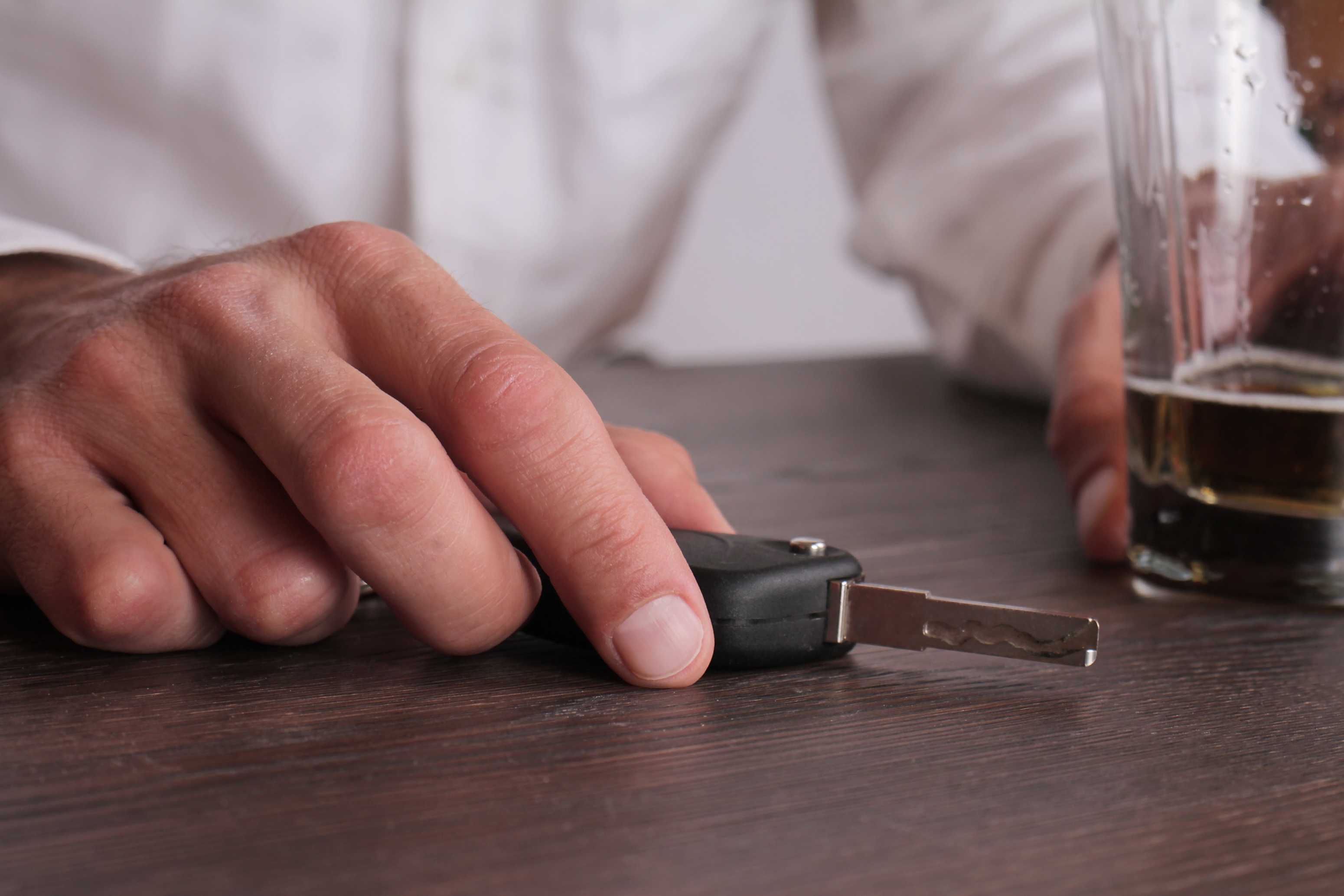
About Keep My Driving Licence
Keep My Driving Licence is part of Millars Solicitors who are a specialist firm of road traffic and drink driving solicitors who represent motorists all over the country.
Formed by Carl Millar, Millars Solicitors has adopted his dogged tenacity and exacting technical understanding of motoring law. Before starting Millars Solicitors, Carl has been employed as the Head of Department at some of the most high profile Motoring Law Firms in the country. He is a member of the Society of Motoring Lawyers and has an enviable nationwide reputation for the results he gets for his clients.
Through representing a wide range of people you will find Carl and his team very approachable and never judgemental. Their advice is straightforward and will leave no stone unturned in pursuing all available defences in presenting your case.
If you have been caught drink driving you can contact Carl today on 0800 999 5535 or your can send a confidential email by clicking here. If you need to speak to a drink driving solicitor out of office hours than please call the 24 hour emergency line on 07855 806 119
